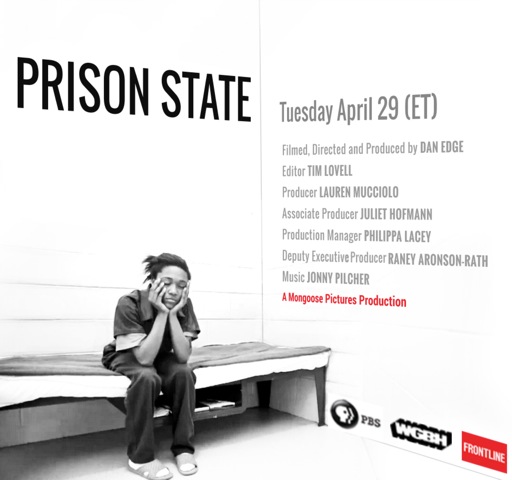Yesterday in The Atlantic, Andrew Cohen writes a very thoughtful article about ‘PRISON STATE’, noting that millions of Americans will have its eyes on Louisville this weekend for the Kentucky Derby, but in a distance of about four loops around the track, the residents of one Louisville neighborhood grapple with a crisis that has been tearing it apart for generations, and that crisis is mass incarceration:
You cannot watch this powerful film without being confronted with the futility of a system that keeps men and women in an endless cycle of incarceration. And while it is easy to blame the individuals chronicled here—Want to stay out of prison? Stay out of trouble!—it’s much harder in practice, sometimes impossiblein practice, to overcome the circumstances that have put them there.
A teenager’s mother is shot to death—and she descends into anger and madness. This person needs treatment, not jail. A war veteran became dependent upon drugs decades ago. He needs treatment, not jail. A bright young woman with a future is being sucked into the grim patterns and practices of her surroundings. She needs support, not a lesson in how to be an inmate.
These people needed to be treated differently, not just because it is the right and the ethical thing to do, but because it also is the practical thing to do. As Michael Horowitz, the Justice Department’s Inspector General, said last December, we simply cannot afford to incarcerate so many people in America.
The moral here is that we all end up paying, one way or another, and that it makes far more sense to pay to keep people out of prison than it does to ensure that they stay there. Three quarters of the residents of Beecher Terrace have been to prison, the narrator tells us, and the state spends $30 million a year locking up the residents within this single zip code. This is both irrational and tragic.

